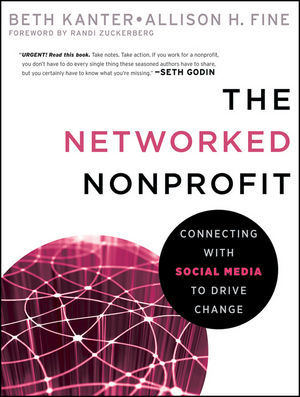Stefan Sonvilla-Weiss (ed.): Mashup Cultures (2010)
Filed under book | Tags: · creative commons, crowdsourcing, e-learning, fair use, filesharing, folksonomy, free culture, mashup, network, remix, swarm intelligence, web 2.0

This volume brings together cutting-edge thinkers and scholars together with young researchers and students, proposing a colourful spectrum of media-theoretical, -practical and -educational approaches to current creative practices and techniques of production and consumption on and off the web. Along with the exploration of some of the emerging social media concepts, the book unveils some of the key drivers leading to participatory engagement of the User.
Mashup Cultures presents a broader view of the effects and consequences of current remix practices and the recombination of existing digital cultural content. The complexity of this book, which appears on the occasion of the fifth anniversary of the international MA study program ePedagogy Design – Visual Knowledge Building, also by necessity seeks to familiarize the reader with a profound glossary and vocabulary of Web 2.0 cultural techniques.
With contributions by Axel Bruns, Brenda Castro, Doris Gassert, David Gauntlett, Mizuko Ito, Henry Jenkins, Owen Kelly, Noora Sopula & Joni Leimu, Torsten Meyer, Eduardo Navas, Christina Schwalbe, Stefan Sonvilla-Weiss, Wey-Han Tan and Tere Vadén & Juha Varto.
Publisher Springer, 2010
ISBN 370910095X, 9783709100950
Length 256 pages
review (Mike Mosher, Leonardo Reviews)
Comment (0)David Kirkpatrick: The Facebook Effect: The Inside Story of the Company That Is Connecting the World (2010)
Filed under book | Tags: · business, facebook, internet, marketing, web 2.0

In little more than half a decade, Facebook has gone from a dorm-room novelty to a company with 500 million users. It is one of the fastest growing companies in history, an essential part of the social life not only of teenagers but hundreds of millions of adults worldwide. As Facebook spreads around the globe, it creates surprising effects—even becoming instrumental in political protests from Colombia to Iran.
Veteran technology reporter David Kirkpatrick had the full cooperation of Facebook’s key executives in researching this fascinating history of the company and its impact on our lives. Kirkpatrick tells us how Facebook was created, why it has flourished, and where it is going next. He chronicles its successes and missteps, and gives readers the most complete assessment anywhere of founder and CEO Mark Zuckerberg, the central figure in the company’s remarkable ascent. This is the Facebook story that can be found nowhere else.
How did a nineteen-year-old Harvard student create a company that has transformed the Internet and how did he grow it to its current enormous size? Kirkpatrick shows how Zuckerberg steadfastly refused to compromise his vision, insistently focusing on growth over profits and preaching that Facebook must dominate (his word) communication on the Internet. In the process, he and a small group of key executives have created a company that has changed social life in the United States and elsewhere, a company that has become a ubiquitous presence in marketing, altering politics, business, and even our sense of our own identity. This is the Facebook Effect.
Publisher Simon and Schuster, 2010
ISBN 1439102112, 9781439102114
372 pages
Beth Kanter, Allison Fine: The Networked Nonprofit: Connecting with Social Media to Drive Change (2010)
Filed under book | Tags: · networks, nonprofit, organization, social movements, web 2.0

This groundbreaking book shows nonprofits a new way of operating in our increasingly connected world: a networked approach enabled by social technologies, where connections are leveraged to increase impact in effective ways that drive change for the betterment of our society and planet.
Foreword by Randi Zuckerberg
Publisher John Wiley and Sons, 2010
ISBN 0470633050, 9780470633052
Length 250 pages

